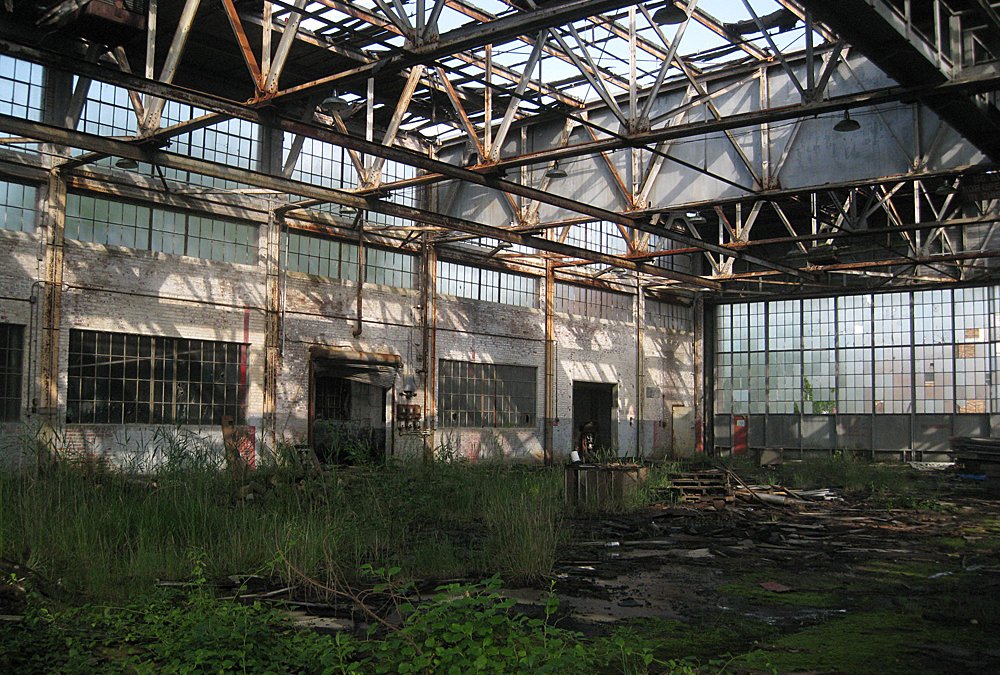WASHINGTON – A House oversight hearing on Wednesday became a lightning rod for partisan criticism on immigration, with Republicans using the forum to ostensibly showcasing their concern for how the Biden administration border policies have led to environmental degradation in national parks.
Democrats called their criticism a political stunt.
The hearing by a subcommittee of the House Committee on Natural Resources was organized by Republicans, who control the House. One of their main lines of attacks was New York City’s plan to use national parkland at Floyd Bennett Field in Brooklyn as a site to house migrants. A bipartisan group of New York lawmakers has sued to block those efforts, but New York Mayor Eric Adams announced this week plans to move forward with the effort.
“That’s not my vision of the national park or the purpose of the national park, and I don’t think it’s what many Americans consider that to be,” said Rep. Bruce Westerman (R-Ark.), chairman of the full House Natural Resources Committee.
Typically, federal actions that could affect the quality of the environment require environmental reviews under the National Environmental Policy Act (NEPA). But by having the mayor declare an emergency, the need for environmental impact statements and public hearings were waived. Some panelists were critical of that shortcut.
By overlooking the process required by NEPA, “the environmental effects of the open border will continue, and Americans across the interior will continue to feel the effects of overcrowding in their daily lives,” said Julie Axelrod, director of litigation at the Center for Immigration Studies, a non-profit that pushes for a lower number of immigrants to the U.S.
When asked whether there were additional requests to use other national park sites to house migrants, Michael Reynolds, deputy director of the National Park Service, said that there were not.
Witnesses invited by Republicans also tried to link the migrant crisis to illegal marijuana trade and asserted that the flow has led to increased crime from cartels.
“The cartels from Mexico, along with other worldwide transnational criminal organizations, what we call TCOs, have become the biggest domestic public safety threat and some of the greatest destroyers of our natural resources throughout America,” said Lt. John Nores Jr., a member of the marijuana enforcement team at the California Department of Fish and Wildlife.
On the other side of the aisle, Democrats argued that implementing stricter border policy and building a wall “doesn’t deal with the root cause” of the migrant crisis.
“Today’s hearing is about using this platform and this forum to continue to talk about immigration as perceived by the majority, by the Republican majority, as the definitive political issue going into 2024,” said Rep. Raúl Grijalva (D-Ariz.).
“The target is not only the security of the border, but managing what is an unprecedented humanitarian crisis before us,” said Grijalva on what is needed at the border.
Despite the partisan tensions at the hearing, Westerman urged lawmakers to work together to secure the border.
“If there were ever a time for bipartisanship on Capitol Hill, it is now.”


